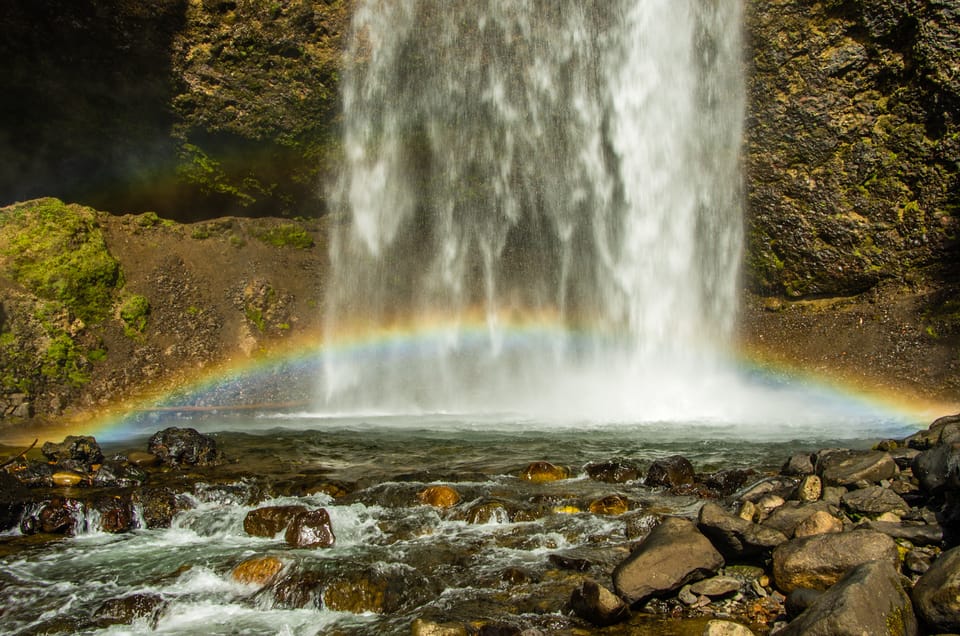EcoWest News, February 13, 2024

Welcome to EcoWest News, a weekly round-up of news and resources that you can put to use in addressing environmental issues and protecting the wild in your community.
Across the West
Manitoba installs geothermal heat pumps at roughly three times the Canadian average. The province’s Climate Action Team is encouraging Manitoba Hydro to create a geothermal utility. [Government of Manitoba, CTV News]
There are over 300 species of native bees in Manitoba, many of which can play an important role in pollinating crops if we foster habitats where they can thrive. [The Western Producer]
Members of the newly established Saskatoon Forest Chaplaincy will each "spiritually adopt" an area of greenspace in Saskatoon, and “commit to pray for, bless, and/or send healing energy to that area and its more-than-human persons every day, and offer ceremonial care to it on an occasional basis.” Contact Shawn Sanford Beck for additional information.
Nature enthusiasts in southeastern Saskatchewan (Moosomin, Rocanville, Redvers) are invited to join the newly created nature society - Gateway Nature. [Gateway Nature]
An in-depth look at what is at stake and why environmental groups are taking the federal government to court over its decision to approve a major port expansion in metro Vancouver. They believe the expansion contravenes the Endangered Species Act, putting at risk sockeye salmon, killer whales, and over 100 other species found in the Fraser River estuary. [The Narwhal]
Conservationists are building beaver dam analogues to help restore the Columbia Wetlands in southeastern BC. [CBC]
Around the World
A Massachusetts gas utility is switching to carbon-free networked geothermal: "It's still a very similar business to the gas business, with buried infrastructure, pipes, services and … a distribution system." [CBC]
Fracking companies in Pennsylvania must submit and make public a list of the more than 1,000 chemicals used in fracking fluids, including carcinogens and forever chemicals. [Inside Climate News]
Municipalities in the UK will be trying out a Green Events Code of Practice this coming year. [Julie’s Bicycle]
Reporting Back
Climate Change, Population Health, and Health Equity reviews 5 climate solutions that produce health benefits: public transit, walkable neighbourhoods, active transportation infrastructure, green space, and green buildings/retrofits. [CPHA]
Getting to Net Zero in Canada says achieving a sustainable future in Canada will require increased electricity generation, a reduced reliance on hydrogen and carbon removal, reduced energy consumption, and improvements in forest management practices. [CCPA, The Tyee]
All our Relations: First Nations perspectives on the intimate connections between humans, species, and the environment reports on meetings held to share knowledge about culturally significant species as well as First Nations’ approaches and priorities regarding biodiversity conservation. [Assembly of First Nations]
Making a Difference
A Washington state farmer explains how he balances the needs of wildlife with producing economically valuable crops. Hedgerows can direct wildlife away from crops. Timing of harvest, temporary and lay-down fencing, and owl boxes to keep rodents under control are also valuable. [Modern Farmer]
There are now 600 members in 11 climate choirs in England and Wales. “Voices singing in harmony can get past people’s defences with greater efficacy than more aggressive tactics.” [The Guardian]
Ontario residents are taking an active role in energy efficiency “by participating in brief, time-limited thermostat adjustments of up to 2°C during periods of peak electricity demand.” [The Energy Mix]
The Beaver Institute’s online course mentors and trains professionals to resolve human-beaver conflicts using non-lethal and scientifically-proven techniques. Apply by Feb. 23 for a Fur-Bearers’ scholarship. [The Beaver Institute, The Fur-Bearers]
DIY
Eight tips for lowering the environmental impact of raising kids, from ditching disposables to prioritizing experiences over stuff. [Enviro Centre]
Nature’s Wonders
A short film profiles BC’s banana slugs who thrive in rainy weather. Slime keeps them moist, helps them move by lubricating the ground, and sends chemical messages to other slugs. [CBC]
Meet some of the world’s tiniest creatures, including a 20 mm nano chameleon from Madagascar and the bee hummingbird whose eggs are the size of a coffee bean. [The Guardian]
Photo credit: https://www.flickr.com/photos/apmckinlay/9792148776
EcoFriendly West informs and encourages initiatives that support Western Canada’s natural environment through its online publication and the Nature Companion website/app. Like us on Facebook, follow us on Twitter or Mastodon, or subscribe by email.

Member discussion